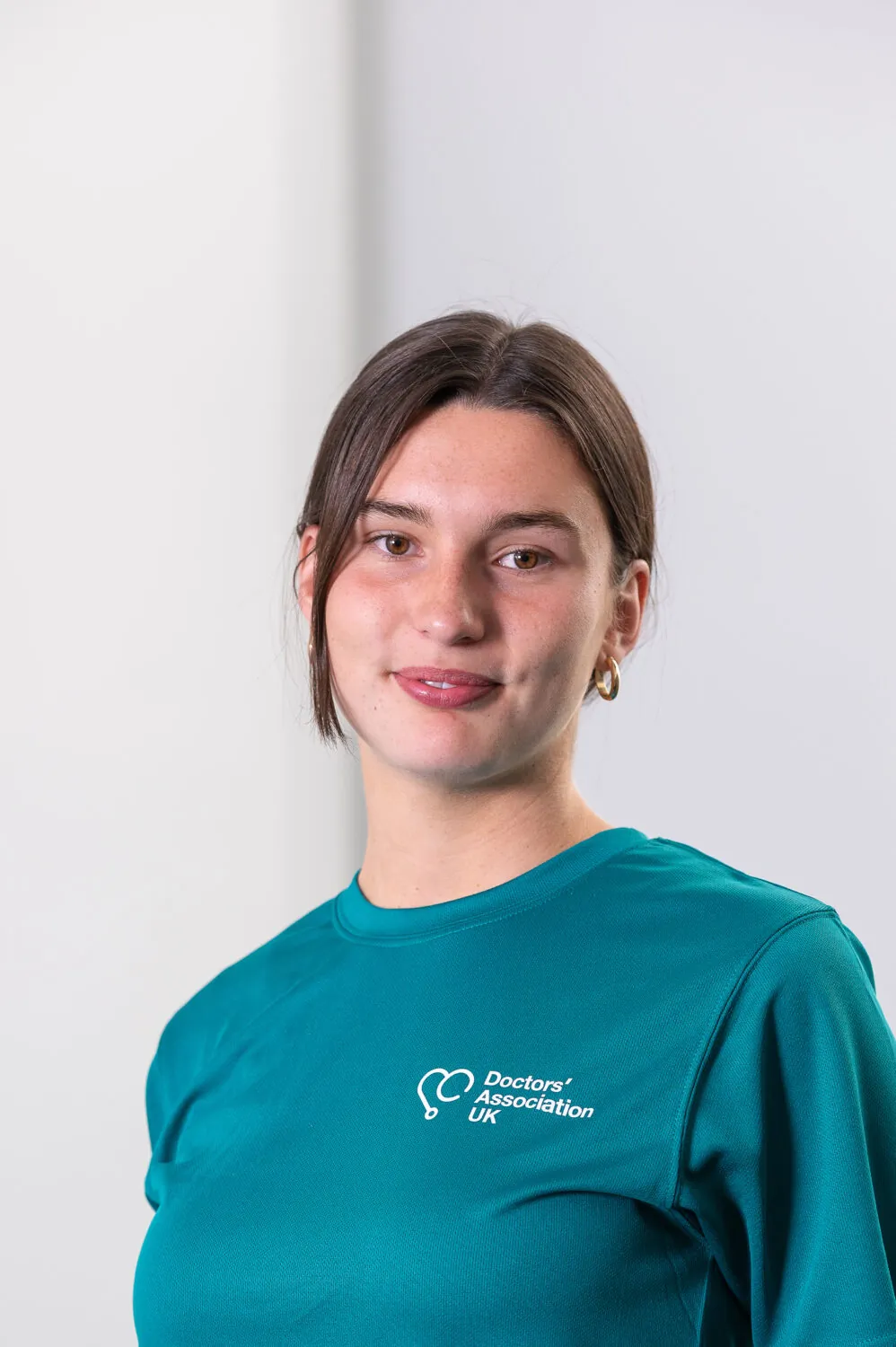We have responded to the GMC’s consultation on how it regulates physician associates (PAs) and anaesthesia associates (AAs).
In our written response DAUK raised concerns around the oversight of post-graduate qualifications, training, and scope of practice as well as concerns around fitness to practice and supervision.
In submitting our response, DAUK Co-chair Helen Fernandes said: “The current GMC proposal for PA/AA generates concern that most doctors have, and the wider public would likely have should they come to know, that the GMC as the PA/AA regulator will not be overseeing their post-graduate qualifications or training or scope limits.
“Currently PAs and AAs are occupying roles traditionally carried out by doctors, the public probably assuming they are qualified and trained to do so. PA/AAs can switch, and do, between primary and secondary care, and different specialities without limitation. Doctors cannot do this. There are increasing numbers of job adverts for PA posts in roles that would be deemed only suitable for specialist registrar level and above doctors. PA /AAs may be capable of these roles and responsibilities but in the proposed model this is not your role as their regulator to oversee this.
Public trust
“We believe these issues are not clear to the public and they should be. The GMC is an organisation, as the regulator of doctors, that is widely recognised. The public will reasonably assume that the GMC regulating PA/AA means they are equivalent to doctors in training and expertise.
“The draft order 3(1)(b) states that the GMC may determine other standards in relation to associates, but there is no ‘must’ in the legislation. As we understand it, the GMC will require this from local employers and trainers. There is, however, no detail about how this might be obtained, standardised, controlled or regulated against.
“The public must trust in the regulation of PA/AAs, trust that they will not be allowed to perform in a role they are not trained in and not capable of, and trust that these individuals will be expected to work towards a minimum accepted standard that the GMC, the regulator, can enforce. These tried and tested principles of regulation of doctors, we believe, are needed and missing from current GMC PA/AA regulatory proposals.
“We understand that currently, should an individual report a PA/AA to the GMC for some sort of failure in clinical care, you have no process in place of how to judge clinical competence against a to be determined accepted standard. This is of course how doctors are judged, through a wide array of expert witnesses that the GMC instructs. You will not have the same structure for fitness to practice issues for PA/AAs.
GMC regulation
“Most referrals to the GMC are from either patients or other health professionals who feel the clinical care provided by a doctor is unacceptable. This reassurance therefore does not help or inform how GMC regulation might work for PA/AAs, nor will it reassure the public again that any given PA/AA is working towards a regulatory accepted standard.
“Finally, we would like to understand how the GMC will deal with those doctors who are in some sort of supervisory capacity of PA/AAs who are reported to them as their regulator. While many PA/AAs are appointed to roles which are described as autonomous, most do nominally describe these roles as being under supervision. Is the named doctor supervisor responsible, in the view of the GMC, for issues reported to them around PA/AA behaviour, performance and care? A previous MPTS outcome suggests so.”
Frustration
Ms Fernandes also commented on the consultation questionnaire.
She said: “Completion of this questionnaire is just beyond frustration. The material referred to is voluminous, repetitive, complicated and so very generic.
“None as we can see comes back to the scope, training and accepted clinical standards that underpin the fitness to practice in any doctor. Nor the role of the supervising doctor.
“The questionnaire seems deliberately opaque and difficult.”
The GMC has thanked us for our response and said it will ‘feed our points into their consideration of next steps following the end of the consultation process’.




